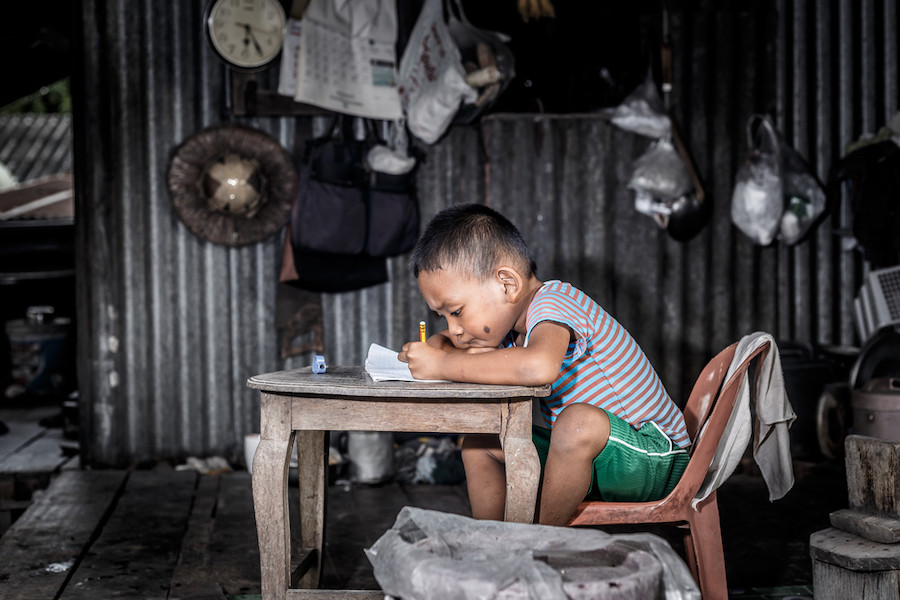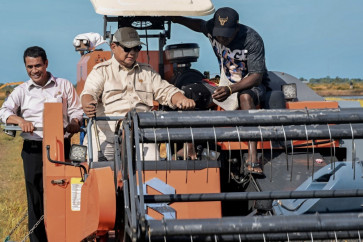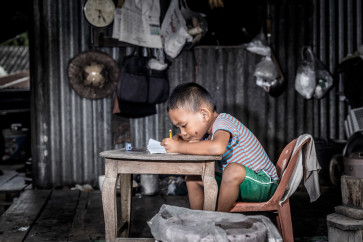Popular Reads
Top Results
Can't find what you're looking for?
View all search resultsPopular Reads
Top Results
Can't find what you're looking for?
View all search resultsEarly start to human capital development
Change text size
Gift Premium Articles
to Anyone
T
he conversation on early childhood education and development (ECED) continues to gain momentum, helped by our increasingly informed and coordinated approaches to championing human capital development and addressing stunting.
The government has led the way with launching the “First 1,000 Days” movement in 2013 — and its recent emphasis on one-year preschool education as the minimum standard for regional governments. The government also launched a National Strategy to Accelerate Stunting Prevention in 2017, committing an estimated US$14.6 billion to converge nutrition intervention across 416 regencies and 98 cities. This created many opportunities for diverse stakeholders to contribute to and complement ECED efforts.
According to the Health Ministry, approximately 30.8 percent of Indonesian children under 5 suffer from stunted development, an improvement from 37.2 percent in 2013. This figure, however, still reflects the persistently high prevalence of stunting — a pertinent issue in the nation’s journey in human capital development.
Access to and quality of early childhood services also vary significantly between geographies and social strata. A child born into a family from the richest quintile is 1.5 times more likely to be enrolled in an early childhood center than a child from a family in the poorest quintile.
Uneven development across emerging economies has led to inequalities that exacerbate the impediments to developing good ECED programs. Indonesia is no exception. On the one hand, we can build on the good momentum created by the country’s sustained investment in human capital and the maximized development opportunities brought about by the demographic dividend in the next decade; on the other, we continue to observe Indonesia’s stubborn Gini coefficient (around 0.4) and relatively high figures in developmental delays, further worsened by the triple malnutrition burden.
We are all key stakeholders in human capital development. We should find ways in our different capacities to either support or participate in this endeavor.
The United Nations Children’s Emergency Fund (UNICEF) shared that ECED investment is one of the most cost-efficient investments in human capital and plays an important role in a country’s sustainable development.


















